Shahed Ahmed
A Multi Constrained Transformer-BiLSTM Guided Network for Automated Sleep Stage Classification from Single-Channel EEG
Sep 19, 2023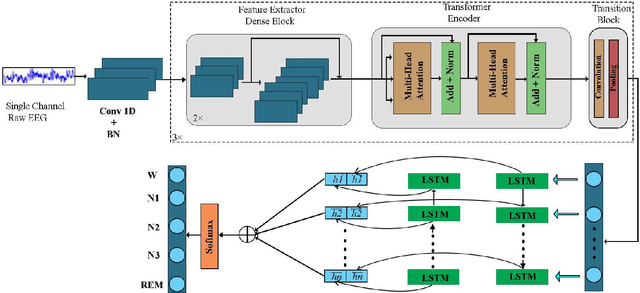
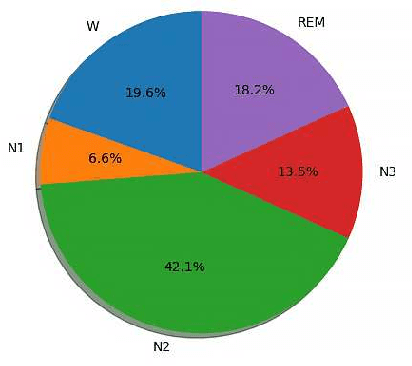
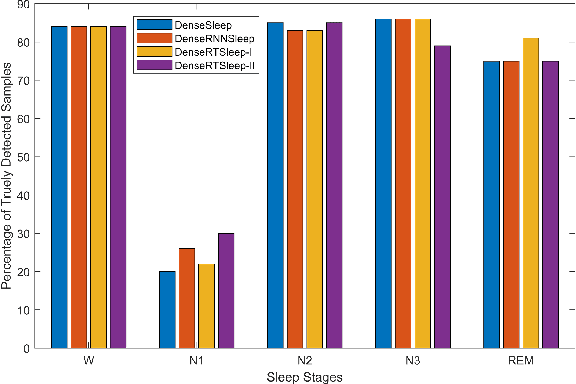
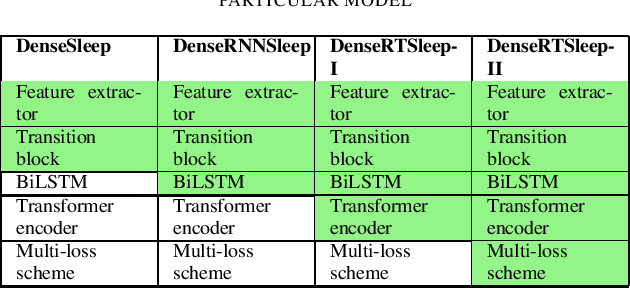
Abstract:Sleep stage classification from electroencephalogram (EEG) is significant for the rapid evaluation of sleeping patterns and quality. A novel deep learning architecture, ``DenseRTSleep-II'', is proposed for automatic sleep scoring from single-channel EEG signals. The architecture utilizes the advantages of Convolutional Neural Network (CNN), transformer network, and Bidirectional Long Short Term Memory (BiLSTM) for effective sleep scoring. Moreover, with the addition of a weighted multi-loss scheme, this model is trained more implicitly for vigorous decision-making tasks. Thus, the model generates the most efficient result in the SleepEDFx dataset and outperforms different state-of-the-art (IIT-Net, DeepSleepNet) techniques by a large margin in terms of accuracy, precision, and F1-score.
Heart Abnormality Detection from Heart Sound Signals using MFCC Feature and Dual Stream Attention Based Network
Nov 17, 2022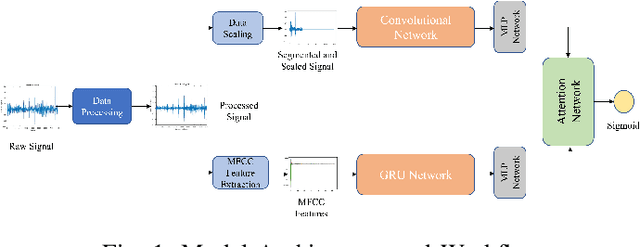
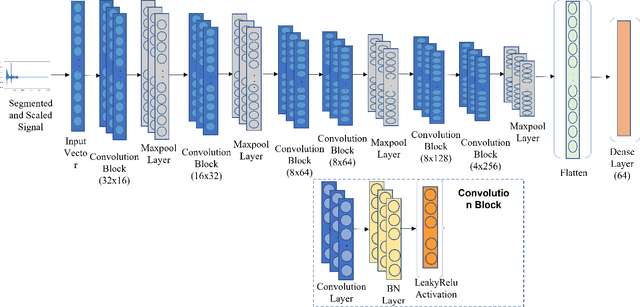
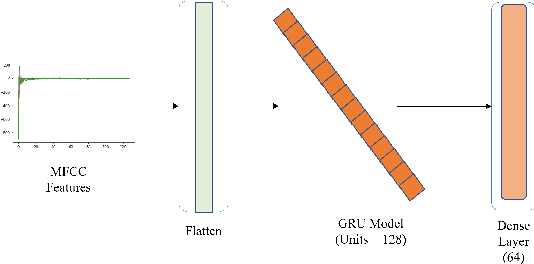
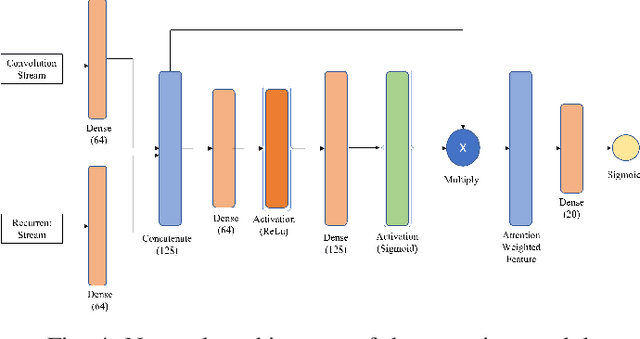
Abstract:Cardiovascular diseases are one of the leading cause of death in today's world and early screening of heart condition plays a crucial role in preventing them. The heart sound signal is one of the primary indicator of heart condition and can be used to detect abnormality in the heart. The acquisition of heart sound signal is non-invasive, cost effective and requires minimum equipment. But currently the detection of heart abnormality from heart sound signal depends largely on the expertise and experience of the physician. As such an automatic detection system for heart abnormality detection from heart sound signal can be a great asset for the people living in underdeveloped areas. In this paper we propose a novel deep learning based dual stream network with attention mechanism that uses both the raw heart sound signal and the MFCC features to detect abnormality in heart condition of a patient. The deep neural network has a convolutional stream that uses the raw heart sound signal and a recurrent stream that uses the MFCC features of the signal. The features from these two streams are merged together using a novel attention network and passed through the classification network. The model is trained on the largest publicly available dataset of PCG signal and achieves an accuracy of 87.11, sensitivity of 82.41, specificty of 91.8 and a MACC of 87.12.
 Add to Chrome
Add to Chrome Add to Firefox
Add to Firefox Add to Edge
Add to Edge